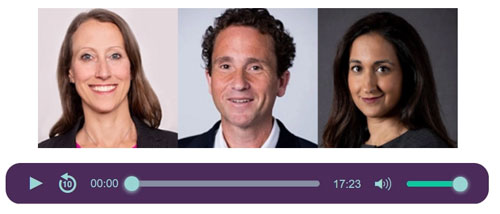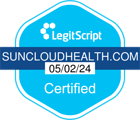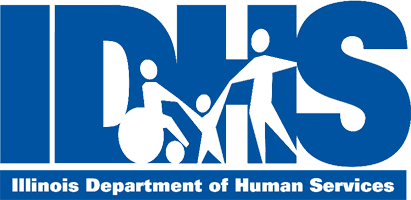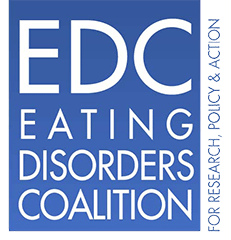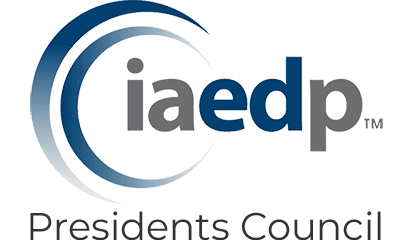We believe our patients and their families want more health, not more treatment.
We understand that the goal of healthcare is better health at a reasonable cost and we are committed to providing just that.
Why SunCloud Health? A word from Andrea Grubb Barthwell, MD, on our leadership and why SCH may be the right choice for you. Dr. Barthwell formerly served as Deputy Director for Demand Reduction at the Office of National Drug Control Policy in the White House and as the President of the American Society of Addiction Medicine (ASAM).

